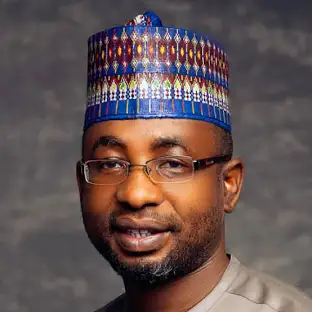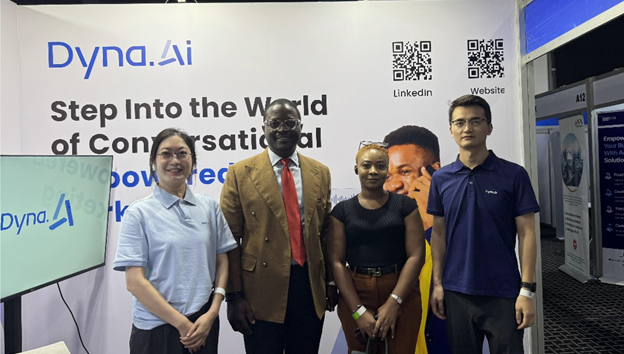Place your adverts here on InfoDig @ low rates; banner ads, sponsored links and guest articles etc. Contact us
Kashifu Inuwa, Director-General of the National Information Technology Development Agency (NITDA), asserts that Africa needs to actively engage in regulating Artificial Intelligence (AI) to prevent the technology from serving only the interests of developed nations. He shares these insights during a keynote address at Nigeria Fintech Week 2024.
Inuwa emphasizes that Africa’s involvement in AI governance is vital to ensure the technology benefits all people, not just the privileged few. Represented by Mr. Emmanuel Edet, NITDA’s Director of Standard, Regulation, and Framework, he highlights that AI is not merely another technological advancement but a transformative force that can impact various sectors, including healthcare, education, agriculture, and governance.
Inuwa points out the challenges that come with AI, including data privacy, algorithmic bias, job displacement, and geopolitical tensions. He stresses the importance of creating a fair and inclusive regulatory framework that prioritizes the voices of the Global South, especially Africa.
He notes existing regulatory efforts in regions like the United States, China, and the European Union, which are often shaped by local contexts. However, he calls for African perspectives to be central in developing global AI regulations, recognizing that the challenges faced in cities like Lagos, Nairobi, and Johannesburg differ significantly from those in Silicon Valley.
To establish Africa as a significant player in global AI regulation, Inuwa highlights the necessity of investing in local capacity. This includes developing AI talent, supporting research and development, and fostering homegrown innovations. He advocates for indigenous AI solutions that address Africa’s unique challenges in sectors like agriculture and healthcare, enabling the continent to contribute effectively to global AI standards.
Inuwa acknowledges the obstacles faced by many African nations, including limited digital infrastructure and financial resources. He views these challenges as opportunities for collaboration among Global South nations to strengthen their collective influence in global AI governance.
Notably, his call for equitable participation in AI regulation aligns with a recent United Nations report, which highlights that only seven countries currently shape AI governance decisions affecting others. The report emphasizes the need for broader representation in technology governance, stressing that many communities have historically been excluded from discussions that impact them.







)





 English (US) ·
English (US) ·